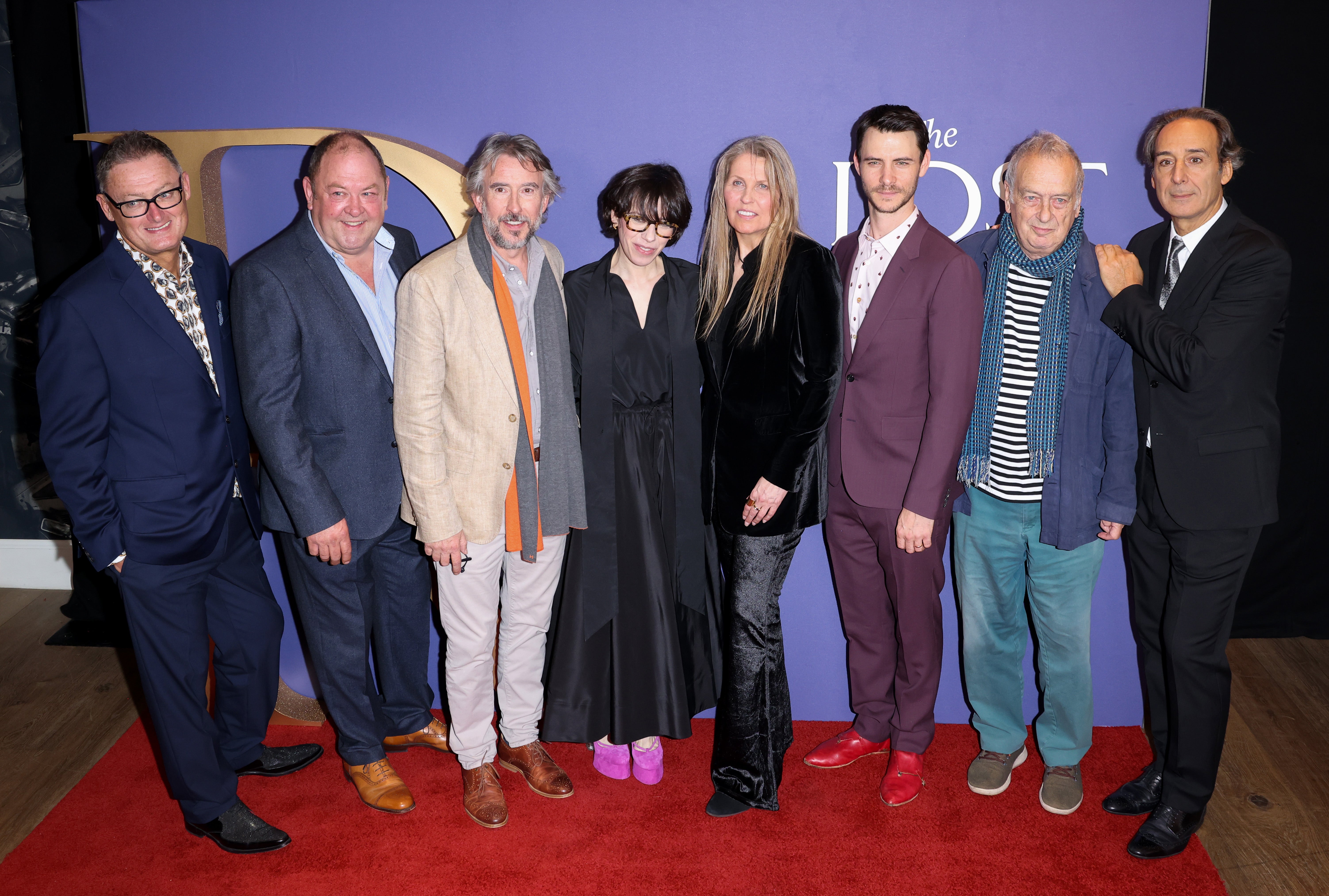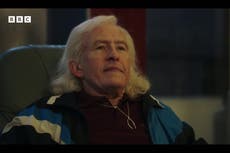Richard III academic suing over claims he was portrayed as a ‘sexist bully’ in Steve Coogan film The Lost King
Coogan co-wrote and starred in the 2022 film about the uncovering of the royal’s remains
A University of Leicester academic who helped uncover the remains of Richard III is suing over claims he was portrayed as a “bully” in Steve Coogan’s 2022 film.
The Alan Partridge star, who is soon to play Jimmy Saville in a controversial BBC drama, co-wrote and starred in The Lost King, which depicted the uncovering of the royals’ remains beneath a car park in Leicester in 2012.
One of the academics involved in the quest for Richard III was Richard Taylor, who works at the University of Leicester. However, Taylor is now suing for damages over his portrayal in the film.
A character bearing Taylor’s name features in the film, but Taylor claims that he is portrayed as a “a bullying, cynical, double-crossing, devious manipulator, which is bad”.
“But when you add I behave in a sexist way and a way that seems to mock Richard III’s disabilities, you get into the realm of defamation,” Taylor told The Sun.
Taylor claims that he asked the script to be changed, but that producers on The Lost King refused.
The University of Leicester also responded, saying: “We understand the portrayal of Richard Taylor does not resemble the reality during this period.”
The Independent has contacted Coogan’s representatives for comment.

The Lost King stars Sally Hawkins as Philippa Langley, an ordinary woman who, according to the film’s description, “took on the country’s most eminent historians, forcing them to think again”.
But when the film was released, the University of Leicester argued that claims the film its staff sidelined Langley and took the credit for discovering Richard’s remains are “far removed” from the truth.
It claimed that no staff from the university were interviewed for the film, and echoed Taylor’s argument that his representation on screen was inaccurate.
“We offered to help the filmmakers and were ignored and have the correspondence to prove it,” they told BBC News in October 2022.

“We understand the portrayal of Richard Taylor in the film does not in any way resemble the reality during this period, whilst an employee of the University of Leicester. Our records point to a colleague engaging constructively, collegiately, fairly and professionally throughout the project.”
Producer Dan Winch claimed that they had been in contact with the university, while Coogan told BBC Radio 4’s Today programme that the university had “played this quite badly”.
“Had they at the start been generous towards Philippa, and elevated her to the front and centre position, which is where she deserves to be, this film wouldn’t have been necessary,” he said.
“But at every turn they marginalised her, edged her out, because she wasn’t cut from the right cloth.”
Langley added: “It’s not a documentary. It is a movie. I have had to fight to get my story told and the film does this.”
Coogan will next be seen in The Reckoning, a four-part BBC series about Jimmy Saville, with the comedic actor playing the paedophole and disgraced TV presenter.
Coogan has defended the decision to make the show, saying: “It is controversial and I understand that. The BBC are damned if they do and damned if they don’t, and I believe the correct choice is to be damned if they do.
“Broadly, it’s better to talk about something than not. The team had the right attitude and it was done with the cooperation of survivors. I think when it’s broadcast, it will vindicate itself.”
As part of the duty of care in place while making the drama, the production invited multiple survivors to the set in an attempt to convince them of the responsibility they felt in ensuring the story was told sensitively.



Bookmark popover
Removed from bookmarks